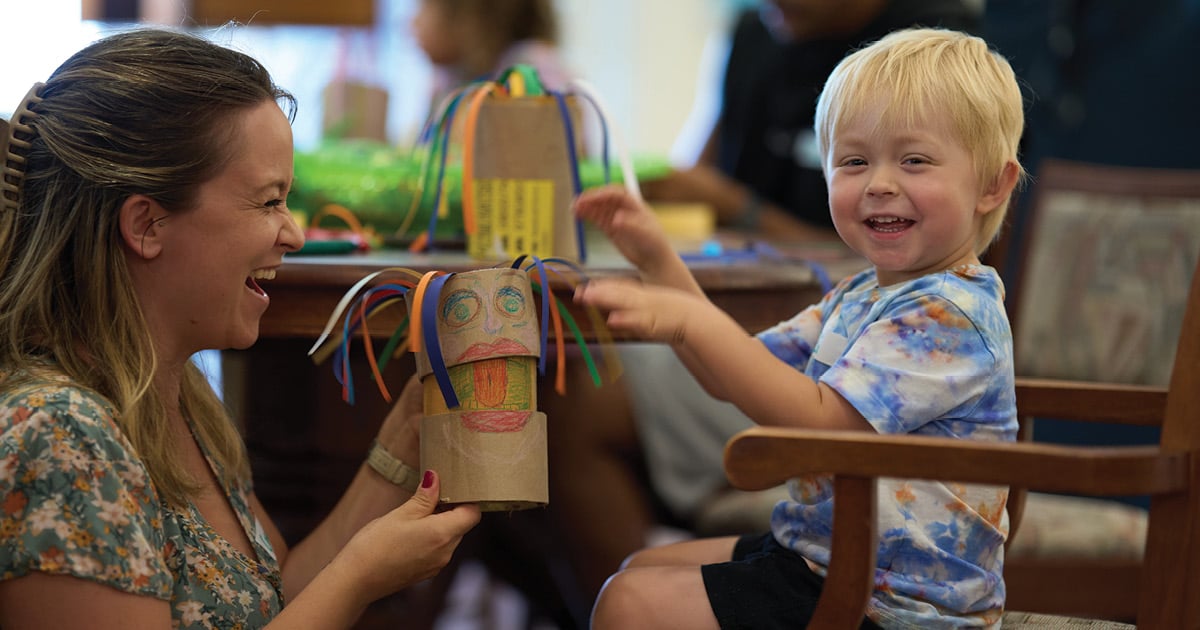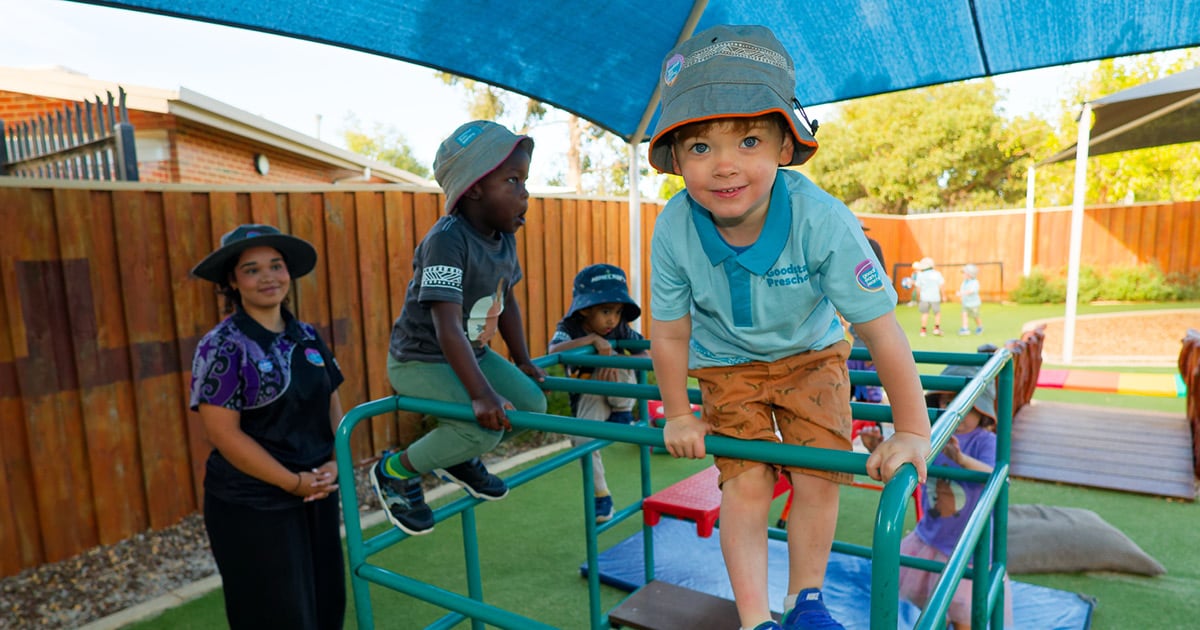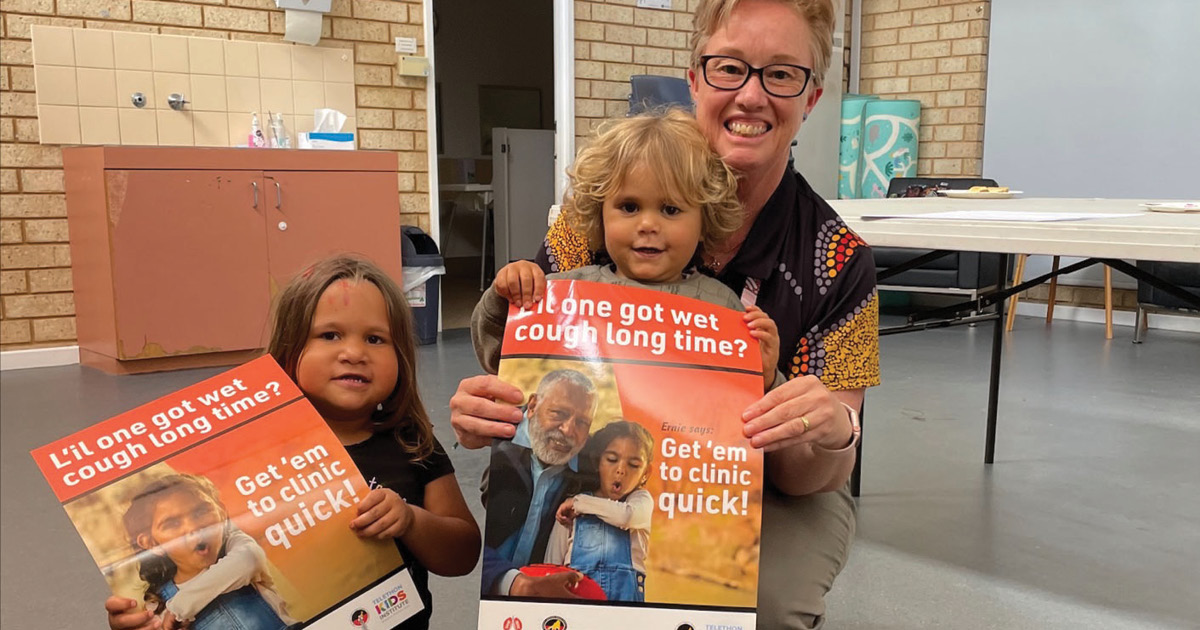Search
Research
"The problem with running"-Comparing the propulsion strategy of children with Developmental Coordination Disorder and typically developing childrenChildren with Developmental Coordination Disorder (DCD) often have difficulties running.
Research
Evaluation of a new measure of mood intolerance, the Tolerance of Mood States Scale (TOMS): Psychometric properties and associationsThis research aimed to (i) validate a new measure of mood intolerance, the Tolerance of Mood States (TOMS) scale, and (ii) to examine associations between...
Research
Identification of 15 new psoriasis susceptibility loci highlights the role of innate immunityTo gain further insight into the genetic architecture of psoriasis, we conducted a meta-analysis of 3 genome-wide association studies (GWAS) and 2...
Research
Associations between maternal antioxidant intakes in pregnancy and infant allergic outcomesAntioxidant intakes in pregnancy may influence fetal immune programming and the risk of allergic disease.
Research
The mechanism of deep inspiration-induced bronchoprotection: Evidence from a mouse modelIn healthy individuals, deep inspirations (DIs) taken prior to a bronchial challenge reduce the bronchoconstrictor response, which is termed...
Discover the impact of our achievements in the "real world".

A small group program to help parents tackle anxiety in young children diagnosed with autism has found significant improvements in both children’s anxiety and parental mental health and wellbeing.

When author Maurice Sendak first sketched out the story of a rambunctious little boy sent to his room without supper, there’s no way he could have known his rollercoaster tale of childhood imagination would still be speaking to the hearts of wild young things more than six decades on.

More than 80,000 Australian children are expected to benefit from a trial being rolled out to 700 childcare centres across the country that aims to boost declining physical activity levels.

A program aimed at raising awareness of the dangers of a chronic wet cough in Aboriginal children has been extended to 14 remote and regional towns in Western Australia - thanks to a partnership between The Kids Research Institute Australia and Cystic Fibrosis WA.
